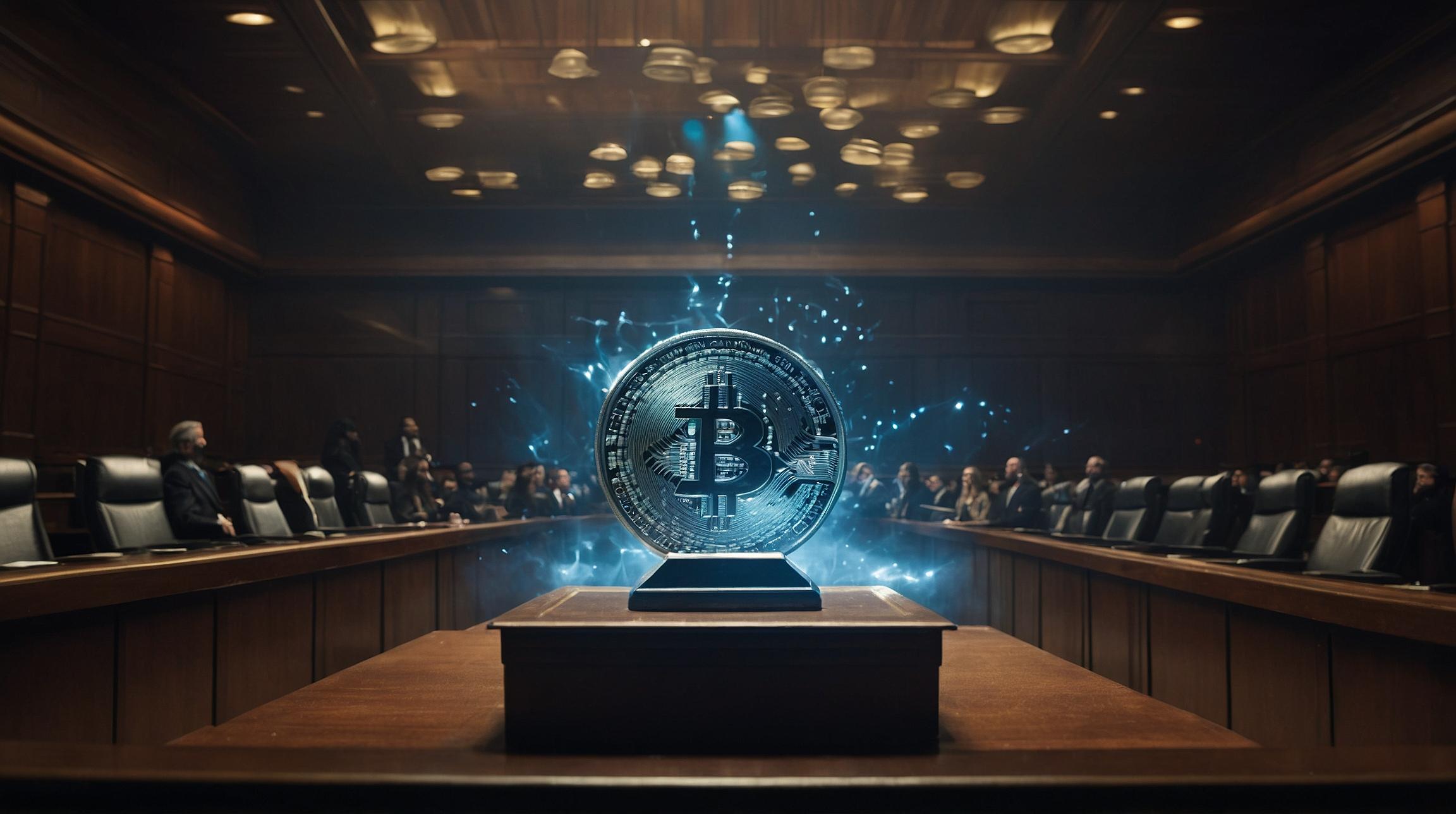OpenSea NFT Marketplace, a prominent platform for buying and selling digital art and collectibles, is currently embroiled in a class-action lawsuit. This legal action, filed by The Moskowitz Law Firm in a Florida federal court, alleges that OpenSea has been selling NFTs as unregistered securities. The lawsuit claims that two Florida residents suffered financial damages from their NFT purchases on OpenSea.
Understanding the Allegations
The core of the lawsuit centers around the idea that NFTs (Non-Fungible Tokens), unique digital assets often used to represent ownership of digital art, could be classified as securities. A security, in financial terms, often refers to a financial asset that can be traded, such as stocks or bonds. The U.S. Securities and Exchange Commission (SEC) argues that some NFTs meet the criteria of a security under the 'investment contract' test. This test determines whether investors expect to gain profits primarily from the efforts of others.
For example, if you buy a piece of digital art expecting its value to increase because the artist becomes more famous, the SEC might consider that NFT a security. The lawsuit suggests that OpenSea misled investors into believing that the NFTs were legitimate securities, allowing the platform to benefit through transaction fees.
The Broader Context
This lawsuit is part of a broader legal context where The Moskowitz Law Firm is actively litigating against multiple crypto-related companies and personalities. Notably, the firm is also involved in legal actions against platforms like FTX, and public figures such as Shaquille O’Neal and Cristiano Ronaldo for their roles in the promotion of various cryptocurrency ventures.
The lawsuit against OpenSea also follows the company's receipt of a Wells notice from the SEC. A Wells notice is a formal indication that the SEC intends to bring enforcement actions against a company. OpenSea's CEO, Devin Finzer, has expressed concerns that such regulatory actions might stifle the growth of digital art, arguing that NFTs shouldn't be regulated like traditional financial instruments such as collateralized debt obligations.
Regulatory Challenges and Industry Response
The debate over how to regulate NFTs and other digital assets continues to stir controversy. Some, like SEC Commissioners Hester Peirce and Mark Uyeda, view the current regulatory approach as overly aggressive and not well-suited to the unique nature of digital assets. However, Moskowitz's legal team argues that the SEC's position on cryptocurrencies and NFTs has been consistent, aiming to protect investors.
In a related legal battle, The Moskowitz Law Firm recently achieved partial success in its case against Shaquille O’Neal. A judge allowed certain claims against O'Neal to proceed, linking the availability of his Astrals NFT project on OpenSea to potential investor misrepresentation.
Implications for the NFT Market
The outcome of this lawsuit could have significant implications for the NFT market and digital art as a whole. If NFTs are determined to be securities, they would fall under stricter regulatory scrutiny, potentially altering how platforms like OpenSea operate. For everyday users and creators, this could mean more transparency and protection but also additional compliance requirements.
These legal developments underscore the ongoing uncertainty in the rapidly evolving world of blockchain technology and cryptocurrency markets. As the landscape of decentralized finance (DeFi) continues to grow, both legal experts and industry participants are watching closely to understand the future of digital assets.













